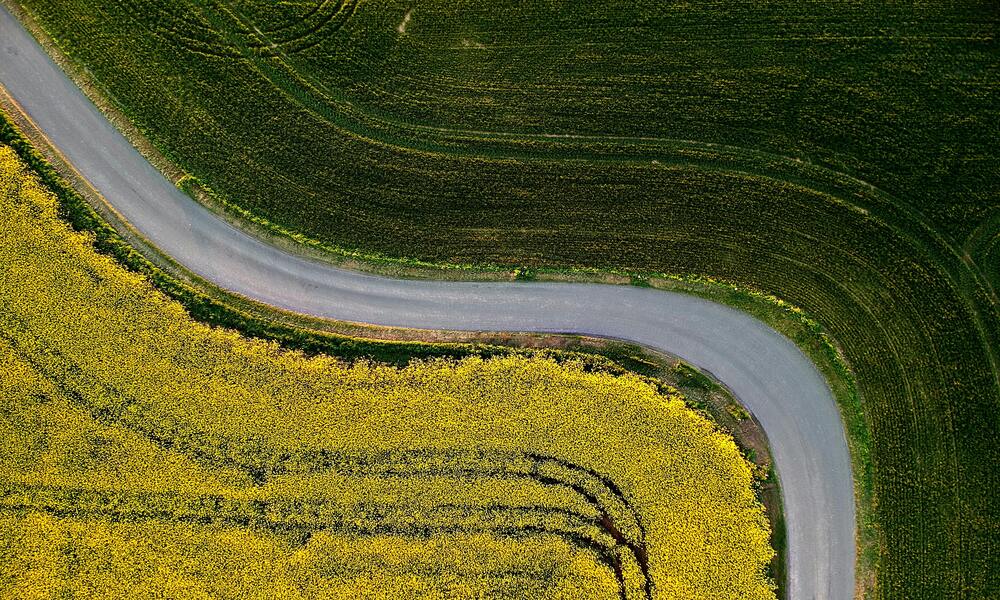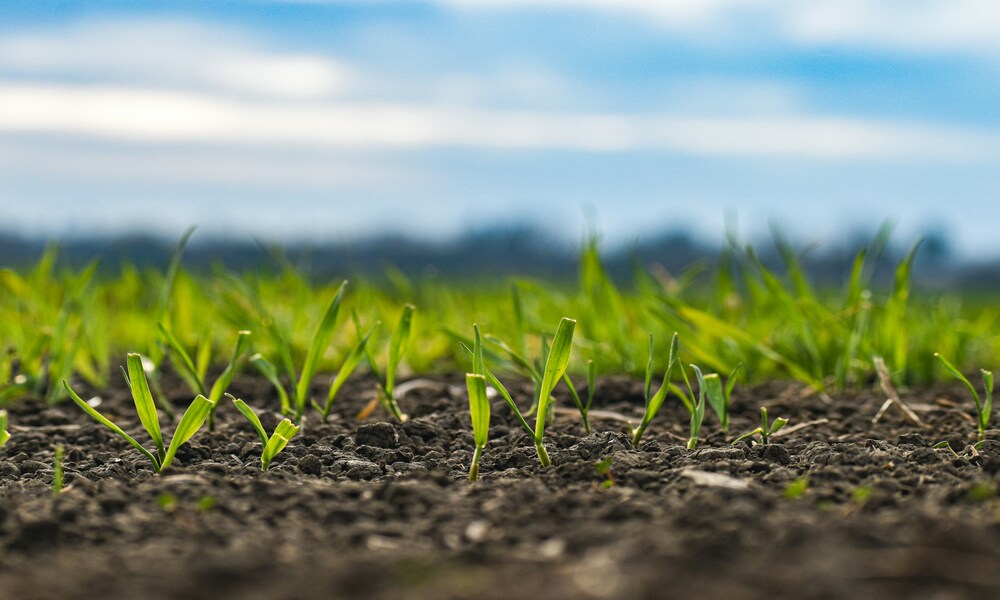Data in agriculture isn’t a new concept. In fact, farmers and agri-businesses have been capturing data to better understand their farm’s performance for decades. What’s changing now is the type of data that can be captured, and the platforms and channels that enable it.
From drone-guided crop monitoring to AI-powered soil analytics, agri-tech is transforming the possibilities of farming. Over 60% of UK farms are expected to adopt precision technologies by the end of the year, opening new opportunities for efficiency, sustainability, and profitability.
Smart Technology – on the rise in Ag
- 60% of UK farms are now using satellite and drone imagery to track crop health and detect early signs of disease or drought.
- 53% are adopting IoT sensor networks to monitor soil conditions in real time, enabling precise fertiliser and water usage.
- 65% are turning to AI-driven predictive systems for yield forecasting and decision-making support.
These technologies aren’t just improving yields, they’re also helping farmers reduce their environmental impact. Some platforms are reporting 15–25% reductions in fertiliser and pesticide use, 10–20% water savings, and reductions in carbon emissions.
This aligns with the UK’s wider sustainability goals, like a 30% reduction in agricultural emissions by 2030, and the increasing pressure to demonstrate this through traceability and data-backed reporting. As a result, the market is flooded with innovation and agri-tech start-ups trying to make their mark.
Smart farming needs smart storytelling
It’s not enough to simply have a groundbreaking product. Companies must clearly communicate their value, purpose, and impact. Their story is just as important as their technology. Strategic communication will help by translating complex tech into relatable, real-world benefits. Compelling storytelling, consistent branding, targeted messaging, alignment across your business, and a solid comms plan will help a business to be seen and remembered.





